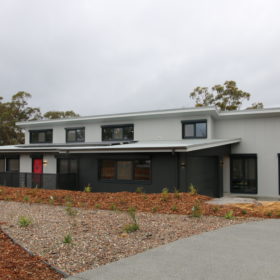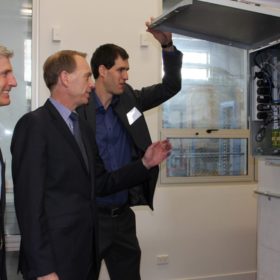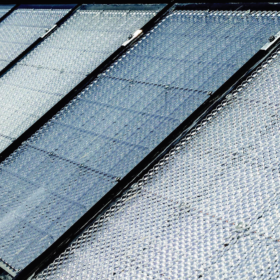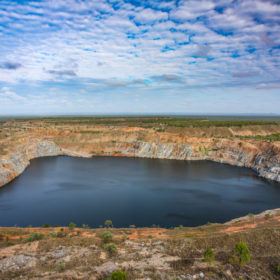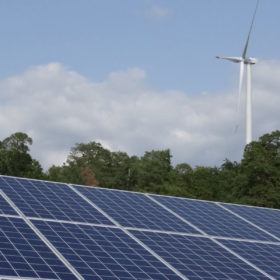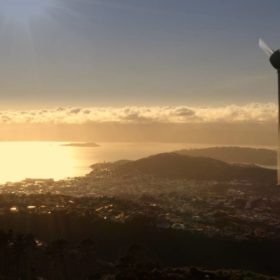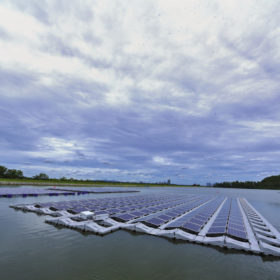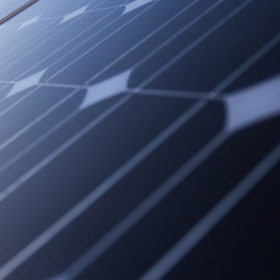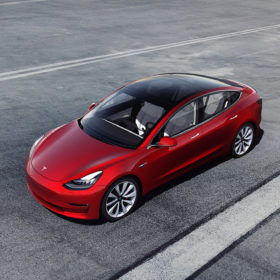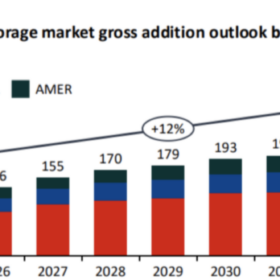Blue Mountains home to one of NSW’s first passive houses
“The Sapphire” is one of the first passive houses in New South Wales (NSW). Located in the Blue Mountains’ village of Foulconbridge, “The Sapphire” is a carbon zero house utilising an SMA Energy System consisting of a Sunny Boy solar inverter and a Sunny Boy Storage battery inverter providing clean solar power.
Distributed Energy Test Lab set to open in Canberra
The Distributed Energy Resource (DER) laboratory “DER-Lab” will provide an environment for safe testing of new technologies including monitoring and communication devices, smart controllers, aggregation (e.g. Virtual Power Plant), market participation software and other innovative new products.
Space age solar solution moves toward production
A consortium of European research institutes has received €10.6 million in EU funding to establish pilot production of a high efficiency module concept developed by Swiss startup Insolight. The module combines high efficiency multijunction cells with a solar concentrator lens and has previously demonstrated 29% efficiency.
Kidston transmission line funding paves the way for more solar and wind
The Queensland government has pledged to support Genex’s project at Kidston with up to $132 million. The funding will be used to build a single circuit transmission line and connect a massive pumped hydro project with the main grid, unlocking additional stages for the clean energy hub, including up to 270 MW of additional solar and up to 150 MW of wind.
It’s official: Large-scale Renewable Energy Target achieved more than a year early
The Clean Energy Regulator has confirmed it has approved enough capacity to meet the Large-scale Renewable Energy Target (LRET). While this is a great achievement for the renewables industry, the question remains what comes beyond 2020. Although analysts expect a slow down, ANU researchers find the record installation rates will see Australia surpass the scrapped target of 41,000 GWh of renewable energy generation around the end of 2020.
Renewable craft beer is no bag of wind
Wind gives you beer, or is it vice versa? Wellington brewery Garage Project has teamed up with New Zealand’s (NZ) leading renewable energy generator, Meridian, and to celebrate being the first certified renewable energy product in NZ the brewer has launched Turbine Pale Ale, inspired by Wellington’s iconic Brooklyn wind turbine.
Rajasthan eyes 50 GW of solar within six years
The state plans to achieve half the amount by 2021-22 under its new draft solar policy. The package also suggests establishing a research hub, privately financed solar parks and encouraging commercial self-consumption of clean energy.
New Zealand’s largest solar farm to be built on water
Auckland’s electricity and water utility companies have announced a project to build New Zealand’s largest solar array, which will be situated atop a wastewater treatment pond.
REC Group, Risen strengthen Australian distribution networks
Two major solar panel manufacturers are looking to expand their presence in Australia with new distributors on board.
Tesla’s Model 3 finally humming along Australian streets
Deliveries of Electric Vehicle (EV) maker Tesla’s best-selling Model 3 sedan have finally started in Australia, over 18-months after the EV’s first launch in the U.S. The belated runout is another boost to the accelerating EV industry in Australia.
